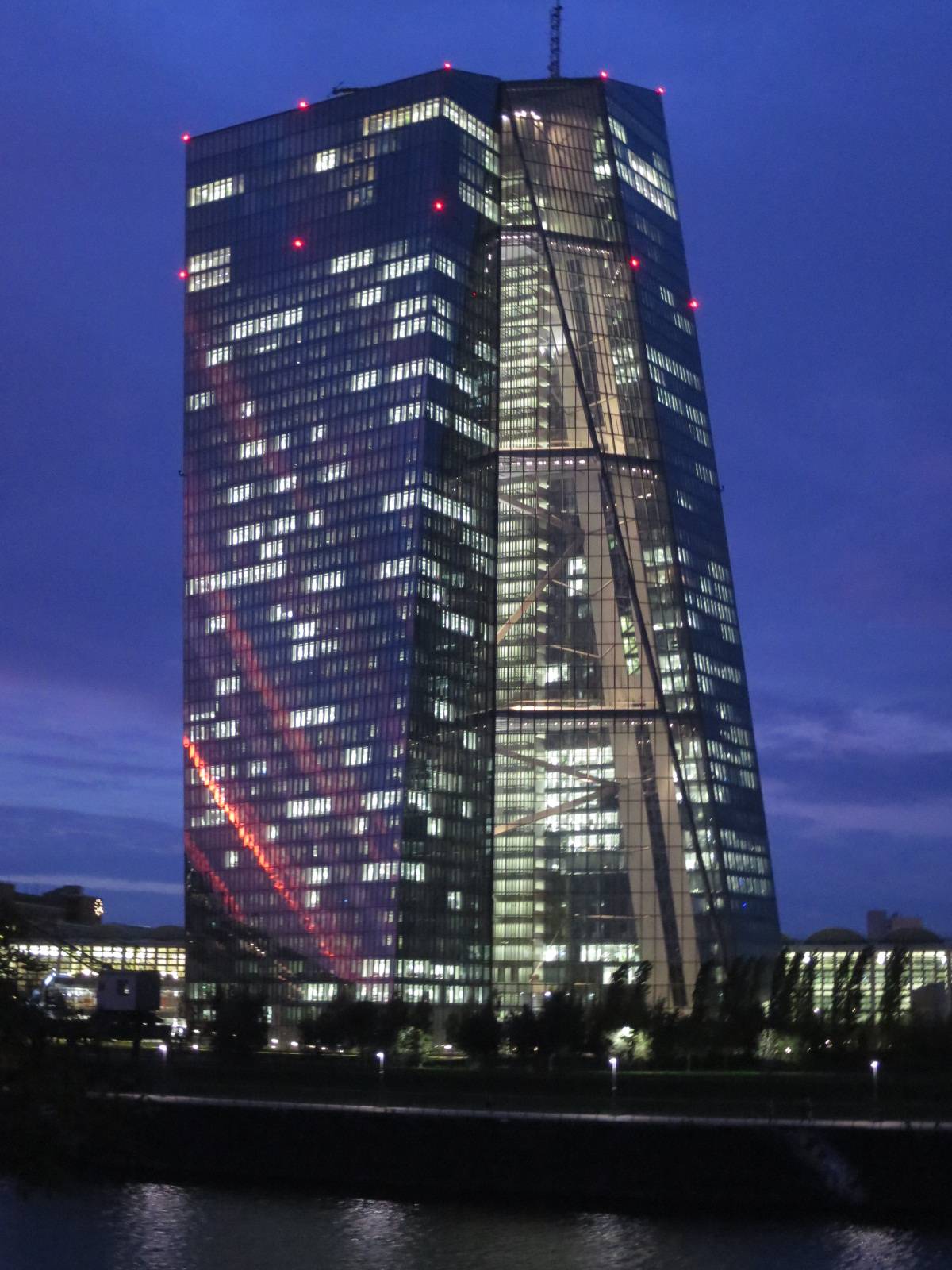If communism is no longer realisable today, perhaps it would have been in the past? Did humanity fail to utilise the window of opportunity? We will never know, but we can at least imagine.
Around the middle of the 19th century, material production was still at a relatively manageable level, at a level where people could know, direct and manage it. And if a proletarian world revolution had taken place back then, the world today would be different from the one we live in. It would probably be a world without private cars, mobile phones, the internet and a thousand types of detergent. It would be a world in which people could live very well. There was a steam engine, railway etc. The producers would have had to decide for themselves whether they also needed Mars expeditions and GPS, and how much labour they wanted to invest in such projects.
But the proletarian world revolution did not take place. The result is that material production is now in a state where I can no longer imagine, with the best will in the world, who can steer and direct it other than capital itself. I don’t even know who could want that. The labourers, for example?
This leads to the question of where capital draws the magic powers that no living person possesses. The answer is short and simple: from its primitiveness. It knows only one basic rule: do what makes a profit, otherwise you’re out of business. Such a system is unbeatable.
What is the oldest living vertebrate on earth? It’s the crocodile, for 450 million years. The secret of this mighty, large animal’s success is its tiny brain. It has the volume of a chicken egg. You can’t go wrong with such a small brain. The crocodile always gets it right: lurk, grab and then don’t let go, come what may.
I fear that capital has the same life expectancy unless nature intervenes. Its triumphal march through world history is reminiscent of the triumph of digitalisation, which has now permeated all sectors. At the lowest level, all digital systems only distinguish between two values, zero and one, bit set or not set.
And on the basis of this principle, which is unsurpassable in its primitiveness, machines and programmes are created that far outstrip the performance of the human brain in their field.
When it comes to the question of why capital is so successful, many cite human egoism. In his Christmas sermon, the Chief Evangelist, I believe his name is Schneider, just said: “Egoism and greed! These people don’t know what they’re talking about, they’re just parroting common clichés.
The perfect egotist is a cat, sleeping peacefully in a warm, soft place, its rosy little nose snuggled into its own fur, then loling around extensively, stretching and stretching its limbs up to its paws and claws, then starting to clean itself and lick its fur and spending an infinite amount of time doing so. So here is someone who is doing really well, who is completely satisfied and happy with herself alone. Fascinating. You just have to watch with a mixture of rapture and wistful envy.
Capitalists are the exact opposite. They are not egoists, rather one could speak of hyperactive idealists. They are driven. They accumulate more wealth than they will ever be able to enjoy, because man’s capacity for enjoyment is very limited by his physical nature. Capitalists put their lives at the service of acquiring wealth that they, as natural persons, can do nothing with. The same applies to wage earners, for whom enjoyment is inversely proportional to income.
If you take a walk through the expensive neighbourhoods in Stuttgart on a summer’s day when the weather is fine – all the villas surrounded by greenery – all the windows are closed, there is no one on the terraces or in the gardens. There is no one there, a “quiet as after the plague” (Peter Kurzeck). No wonder, you can’t live in such huts if you want to own them. Then you have duties and appointments to get the money. If you go for a walk down into the valleys where the poorer people live, all the windows are open despite the exhaust fumes and car noise, the children are out and about, etc.

